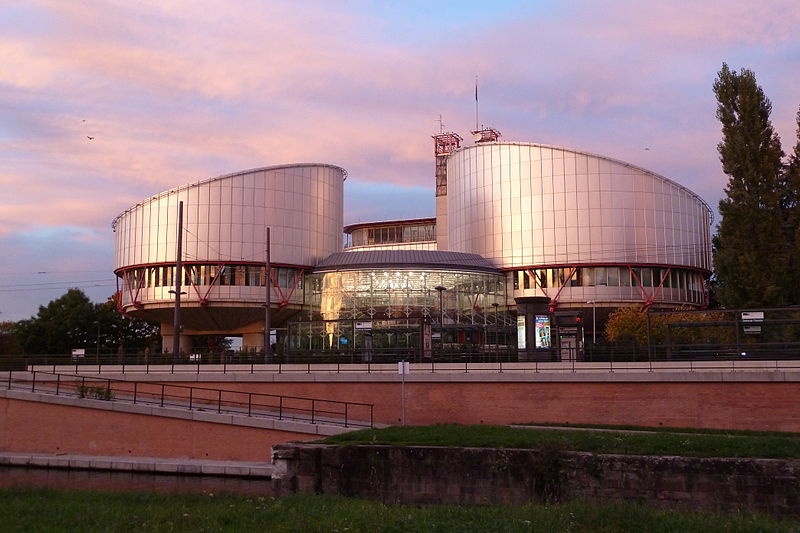ISHR welcomes the decision by the European Court on Human Rights finding that Azerbaijan had violated multiple articles of the European Convention on Human Rights (Convention) for the prosecution, detention and subsequent ill-treatment of Intigam Aliyev, together with severe restrictions on his human rights work.
Aliyev, a prominent human rights attorney in Azerbaijan, serves as the head of Legal Education Society, an NGO that works to raise legal awareness, prepare human rights reports and create training programs for lawyers, defenders and journalists. Aliyev’s arrest and detention were based on the suspicion of a criminal offence of which there was no substantiated evidence or justification. He was confined to a 10 sq. m cell with eight others that had no bathroom, inadequate ventilation and little access to water.
Not only did the Court acknowledge the integral role defenders play in protecting human rights[1], the Court also found that this case was part of ‘a troubling pattern of arbitrary arrest and detention of critics of the Government, civil society activists and human rights defenders.’
‘Drawing on UN materials, this decision constitutes a significant advancement in legal jurisprudence regarding defenders, holding that the true purpose for prosecuting and restricting Aliyev’s human rights work was to punish him for – and prevent him from continuing – that work,’ said ISHR’s Director Phil Lynch.
The use of reports of UN mechanisms and experts on human rights defenders
To inform itself of the situation of human rights defenders in Azerbaijan, the Court referenced the Concluding Observations of the Human Rights Committee as well as reports of UN Special Rapporteurs, in particular the Special Rapporteur on the situation of human rights defenders.[2]
It also relied on UN materials regarding defenders to inform its interpretation and application of the Convention, including the Universal Declaration on Human Rights Defenders and the 2015 General Assembly resolution on human rights defenders.[3]
The Court’s references to international materials speak to the contribution of international jurisprudence to regional and ultimately national standards. This is a clear indication of how integral ISHR’s continued advocacy at the international level is, such as advocacy surrounding the UN Declaration and defending the General Assembly resolution on human rights defenders.
The purpose of restricting the rights of human rights defenders
In this case, the Court found a violation of Article 18 of the Convention – which provides that States may only restrict rights under the Convention for particular purposes. As the true, overarching purpose for restricting Aliyev’s work was to punish him for his human rights work – a purpose not permissible under the Convention – Azerbaijan violated Article 18. The Court also found that this would have been the case even if the restrictions imposed on Aliyev did not violate the Convention.[4]
State obligation to protect defenders
The Court ordered systematic and specific remedies. Central to both were clear obligations on Azerbaijan to protect human rights defenders and allow them to conduct their work.
The Court directed Azerbaijan to take measures focused on protecting defenders against arbitrary arrest and detention. These measures must ensure ‘eradication of retaliatory prosecutions and misuse of criminal law.’[5]
The Court stated that any remedy must consider the retaliatory nature of Azerbaijan’s action against Aliyev – that sought to punish him for and prevent him from continuing his work in defense of human rights.[6]
‘This case is a clear example of the importance of international and regional mechanisms for the protection of human rights defenders nationally. All States should ensure a safe and enabling environment for defenders; critical in this is the legislative framework in which they operate,’ added Lynch.
Contact: Tess McEvoy, [email protected]
Photo: Creative Commons /Alfredovic




